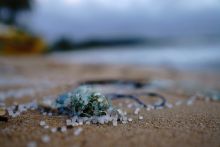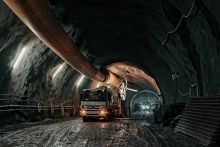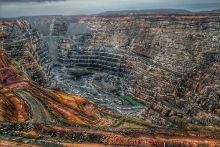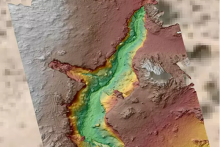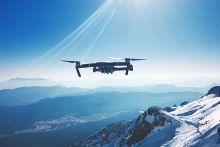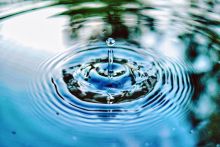Throughout human history, resources have been the driving force for exploration and also the means to do so. However, as we continue our exploration of space, our efforts will eventually become limited by the materials we can carry from Earth. In recent years, space agencies and the private sector have increasingly realized that further exploration and growth of commercial opportunities in space will require extraction of materials, production of propellants, and power generation from extraterrestrial resources for more affordable and flexible transportation, facilities construction, energy production, and life support. This rapidly rising interest around the world for the search, extraction, and use of resources in space, the Moon, asteroids, and Mars may be about to radically influence not just future space missions, but also the expansion of economic activity beyond our planet.
Webinar presenter Dr. Angel Abbud-Madrid is the Director of the Center for Space Resources at the Colorado School of Mines, where he leads a research program focused on the human and robotic exploration of space and the utilization of its resources. He is also the Director of the Space Resources Graduate Program, aimed at educating scientists, engineers, economists, entrepreneurs, and policy makers in the field of extraterrestrial resources. He has more than 30 years of experience in space projects on NASA’s drop towers, microgravity aircraft, the Space Shuttle, and the International Space Station and received the NASA Astronauts' Personal Achievement Award for his contributions to human spaceflight. Dr. Abbud-Madrid holds a B.S.E. in Mechanical and Electrical Engineering from ITESM, México, and Master's and Ph.D. degrees in Mechanical and Aerospace Engineering from Princeton University and the University of Colorado at Boulder.
The webinar can also be viewed on the Earth Science Week Webinars page at www.earthsciweek.org/webinars

